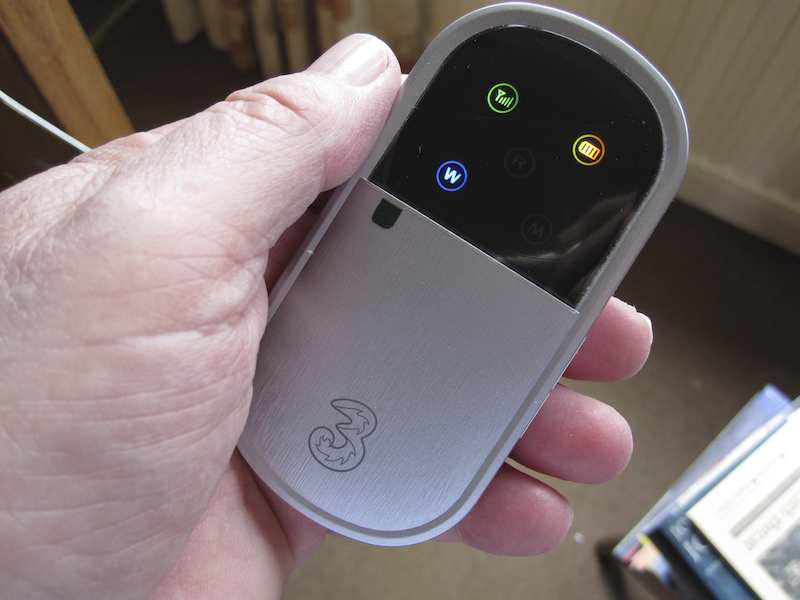Lovely post by Danny O’Brien.
For those of you blessed with senile amnesia or youth, CD-ROMs were the first wave of “interactive media” in the mid-eighties, and the great hope for publishing houses struggling to understand what they might be doing in the 21st century. Companies from Dorling-Kindersley to News Corp threw millions into CD-ROM publishing, with very little ultimate return. They’d do some fancy-schmancy David Bowie joint project, or an incredibly complex animated re-working of their existing bestsellers. Each one won more awards than it sold copies, and eventually those “interactive divisions” were rolled into the “online media” departments, where their designers would get drunk and bitter, until one night they were sacked after uploading 640MB Adobe Director files onto the website front page.
Back then, geeks were unused to other industry sectors barging into our little rustic byte farmyards with their fancy suits and corporate expense accounts, braying triumphantly about digital convergence, and then, seconds later, striding into the business-model threshing machine that thrummed in the corner. We did not know then that there was a queue of people like this, waiting to dance past us into the bloody knives. We watched their cockiness with alarm, not with the disdain that would come later and definitely not with own brand of hubristic Internet rockstar smugness, the smugness that tempts us all to look a bit less closely at ourselves, and a bit more closely at that thresher.
No, back then it was all a bit shocking. We assumed these people knew what they were doing.
This is a very sharp essay. His point is that developing iPad Apps is one thing, but making them into sustainable income-generators is quite another.
I know that publishing companies will be tempted to go for the all-singing, all-dancing iPad application. But what they’re doing that, my suspicion is that what they’re aiming for is a product which exudes credibility, status — an aura of a professional media product. And when you’re spending the kind of money that a professional application requires, solely to improves your status in the world, you’re not selling a product, you’re buying the love of your audience. That may be an investment in credibility, but it’s not an incoming revenue stream.
The goldrush economics of the iPad will hide this for a little while, because everything will be briefly profitable. But to be sustainable, you need to either be producing something that consistently costs you less than it earns, or will produce regular super-hits among a string of drabber products, or just makes you so much money in its first few months that you never need work again. You can’t just make some single wonderful shiny demo product. You need to keep producing them; you need some way of economizing that process. And you need to stop others from making their shiny thing cheaper than, yet interchangeable with, yours. Otherwise you’re just throwing nice fancy gee-gaws into the thresher’s hungry mouth.

